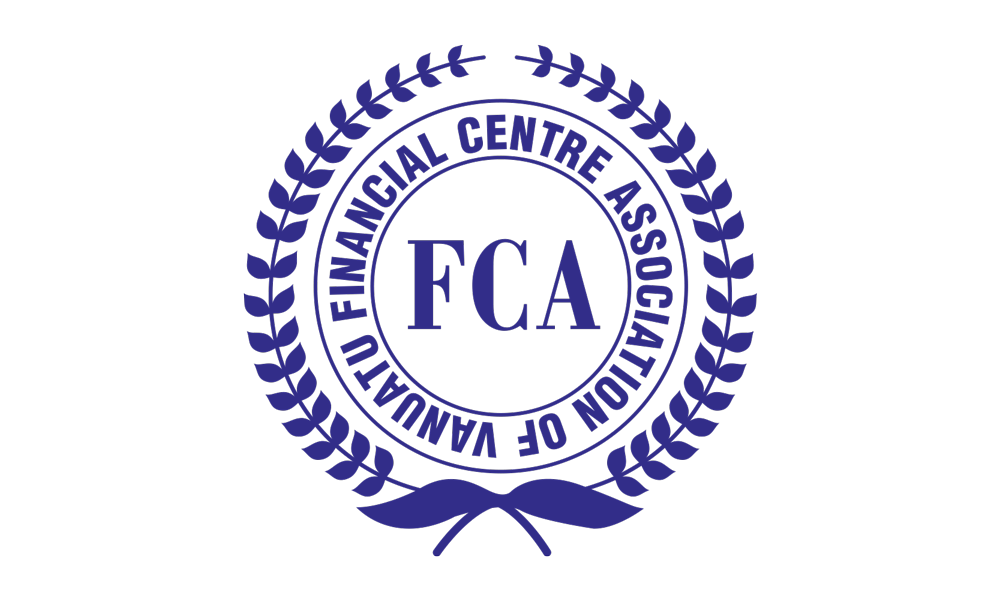By Martin St-Hilaire, Chairman of the FCA
Over the last couple of years, we have been a witness to massive legislative changes occurring across various offshore jurisdictions in an attempt to meet the international demand and expectations of the clients and of the local and foreign regulators.
These changes affected international company legislation, removing the secrecy provisions, the opacity of the ownership and or the directorship, removing the ring-fencing features, bringing offshore companies under local tax regimes and implementing economic substance and physical presence requirements for these businesses.
Vanuatu has updated over the years the International Companies Act on several occasions. The popularity of that current legal vehicle is declining and the features that were making it distinct from a local company have slowly disappeared.
To align ourselves to the global trend of removing ring-fenced corporate legislation, the Financial Centre Association of Vanuatu (“FCA”) fully supports the concept of amalgamating the local and international company legislation as a step forward towards attracting more investors by helping to “rebrand” and to modernise the International Vanuatu company offering.
Key benefits of such legislative change are:
- The amalgamation would assist in the current AML/CTF international discussions facing Vanuatu, and ensure closer compliance with the European Commission expectations in terms of offshore structures transparency.
- The amalgamation would bring all companies, both local and international under the same legislative umbrella, whilst still retaining the key benefits associated with the current existing IC legislation (same as a local company for that matter) such as no taxes and no duties for companies on the business conducted outside of Vanuatu and same for export of product or service from Vanuatu.
- Vanuatu Taxation system is Territorial (VAT, duties, fees) and not on worldwide income & worldwide sales, not residence-based. Many other nations have similar territorial taxes system, such as Singapore, Hong Kong, BVI, Bermuda, Monaco, Cayman, Seychelles. These nations are leaders for companies incorporation by foreign investors and they do not maintain two different company act and two separate registers.
- A full legislative review to benchmark our legislation, and ultimately to simplify and modernize the company legislative environment to make Vanuatu more attractive for the incorporation of companies and as a place to set up businesses, as a place to establish international headquarters, thus creating wealth for Vanuatu.
- A move to a more transparent and quality jurisdiction which is expected to attract a higher quality of clients that would not have otherwise considered Vanuatu.
- Viewed as a positive development by the global players (FATF, OECD and EU) for both AML/CTF and tax discussions.
- Encourage more ICs to also set up an onshore presence through improved legitimacy and ease of doing business by exempting or facilitating the ability for them to apply for VIPA, (local) business license(s), work permits and open bank accounts, This could help Vanuatu with attracting more FDI, creating jobs and wealth.
- Assist with managing banking correspondent relationships which are under ongoing significant pressure for “de-risking” by corresponding partners.
The FCA fully understands that such legislative reform may not suit all existing ICs registered in Vanuatu, some of whom may choose to exit. That said, the FCA believes that various key issues can be discussed and mitigated during the discussion around facilitative and regulative aspects of the amalgamation process by relevant industry specialists. One of the examples would be to possibly “grandfather” the existing IC legislation should the existing IC volumes justify such an approach, as was done in BVI.
This reform would also provide a fitting platform for addressing the economic substance concept within Vanuatu corporate legislation in a manner that would render Vanuatu an attractive option for offshore investors.
Overall, the FCA believes the outlined benefits support moving ahead with an amalgamation of the two acts.
This is evidently a prodigious legislative task that will require a skilled and dedicated task force to work in two stages:
- Discussion document/Green Paper/ feasibility study outlining the proposed amendments and providing the financial industry members and other interested parties an opportunity to give comments, suggestions and ideas; and
- Based on the final Green Paper content, drafting and introduction of a Bill and proceeding to the parliamentary reading.
In the context of the above, the legislative reform must be considered from a holistic perspective, ensuring that all other acts that may be impacted by the proposed changes are addressed at the same time.





